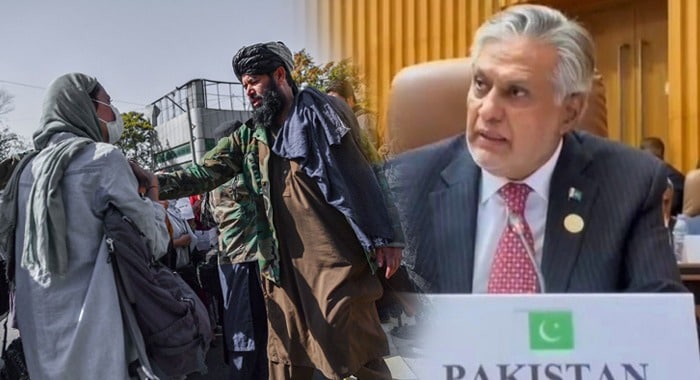Pakistan’s Foreign Minister Ishaq Dar has called on Afghanistan’s Taliban rulers to fulfil their international commitments on human rights and counter-terrorism, with a strong emphasis on restoring the rights of women and girls.
Addressing the 51st session of the Organisation of Islamic Cooperation (OIC) Council of Foreign Ministers in Istanbul, Dar underscored Afghanistan’s pivotal role in ensuring regional peace and stability. He appealed for sustained humanitarian assistance to the Afghan people, the unfreezing of Afghan financial assets, and the promotion of regional connectivity to help stabilise the war-torn country.
“Afghanistan’s stability is directly tied to the peace and prosperity of our entire region,” Dar said, noting that Pakistan remains in continuous diplomatic engagement with the Taliban and has recently upgraded its representation in Kabul to the ambassadorial level.
He urged the Taliban to adhere to the promises they made in Doha during intra-Afghan talks, particularly on counter-terrorism and respecting human rights. Despite past commitments, the Taliban have banned girls from secondary and higher education and severely restricted women’s participation in public life since returning to power in 2021.
While the Taliban insist that issues such as women’s rights are internal matters, the OIC and other regional actors maintain that banning female education contradicts Islamic principles.
Dar’s remarks come amid strained relations between Pakistan and the Taliban, with Islamabad accusing Kabul of sheltering the banned Tehreek-e-Taliban Pakistan (TTP) terrorists and Baloch insurgents. The Taliban, in turn, allege that Pakistan supports Islamic State (ISIS) factions operating in Afghanistan.
Despite these tensions, diplomatic efforts have recently gained momentum. Last month, Chinese Foreign Minister Wang Yi hosted a trilateral dialogue with Dar and Taliban Foreign Minister Amir Khan Muttaqi, aimed at fostering cooperation and improving ties between Islamabad and Kabul.





